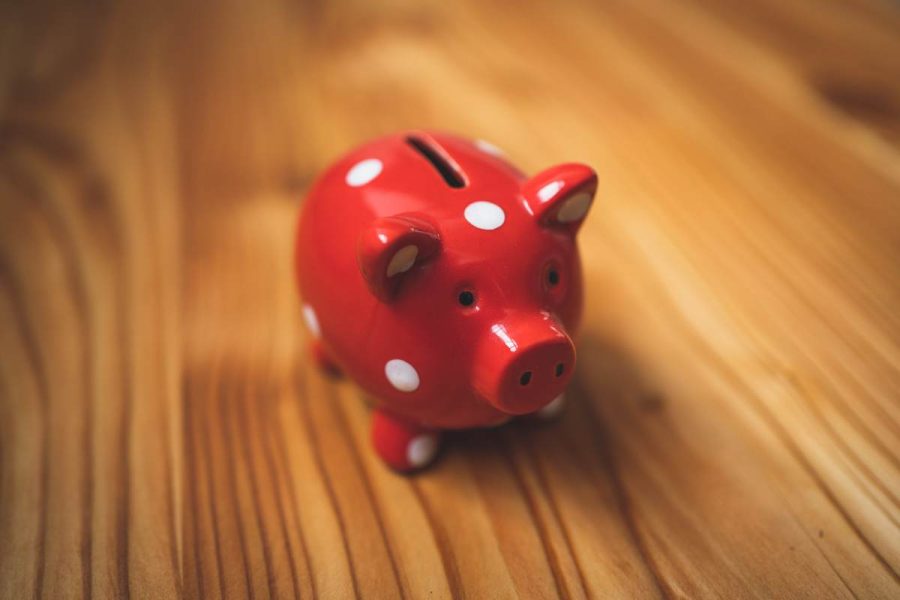Sharing the top money deals plus the latest news and tips
If you want a better idea of where to go for the best deals on savings, credit cards, loans and bank accounts, Moneycomms is here to help

My latest financial insights…

The top personal savings accounts – earn 5.01% variable on easy access and 5.06% fixed for 9 months
If you’ve got some spare cash sitting around in a high street bank savings account, now might be a good time to move it to …






